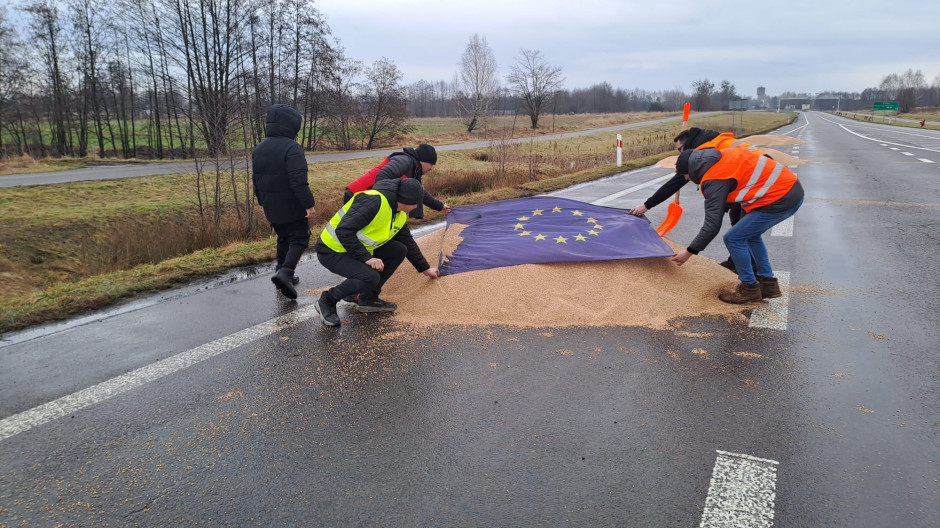On 8 April 2024, representatives from key European Union institutions agreed to extend the free trade agreement with Ukraine, which includes stricter restrictions on imports of certain agricultural products.
According to Rikard Jozwiak, an editor at Radio Free Europe/Radio Liberty in Brussels, the Council of the European Union, the European Commission, and the European Parliament agreed upon the new terms of the trade agreement with Ukraine. The new conditions still need to be separately voted on by the European parliamentarians.
https://twitter.com/RikardJozwiak/status/1777380248239108198
The new trade terms, which were previously agreed upon at the level of permanent representatives of EU countries in late March, allow for the continued duty-free import of Ukrainian agricultural products. However, they limit poultry, eggs, sugar, corn, cereals, and honey imports to the average volumes observed from mid-2021 to the end of 2023.
Poland and France led efforts within the EU to limit Ukrainian agricultural imports. Many experts consider the current discussions in the EU about trade preferences for Kyiv to be a precursor to challenging negotiations regarding the Ukrainian agricultural sector during Ukraine's accession process to the European Union.
The Ukrainian government has provided details on the new terms of free trade with the EU, which are seen as a compromise between supporting Ukraine's economy and addressing concerns from some EU member states about the impact of Ukrainian imports on their agricultural sectors.
For Ukraine, the new restrictions will cause nearly EUR 331 million in losses, which is critical during wartime, given that 81% of all taxes in the country are funding the military to repel Russian aggression.
Read more:
- Ukraine squeezes every last drop for defense in 2024 budget, Russia still 2.5x more
- Reuters: Russia has allegedly started talks with Kazakhstan about gasoline supplies amid shortages
- Energy Minister: Russia damaged 80% of Ukraine’s thermal power plants, half of hydroelectric ones




